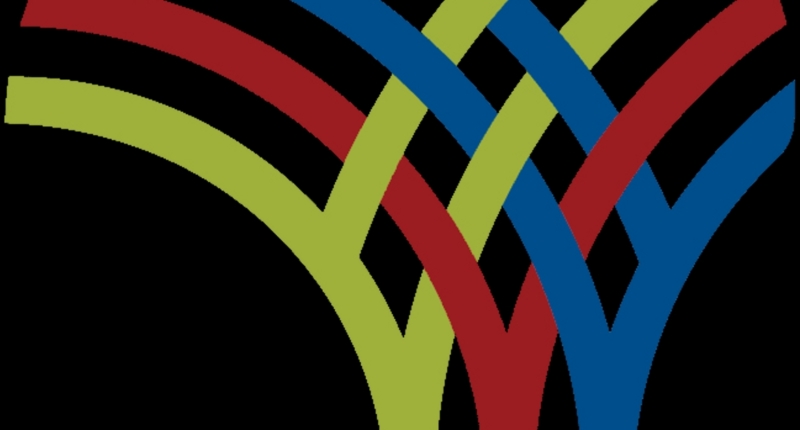Rwanda’s education minister, Valentine Uwamariya, has acknowledged the shortage of laboratories in science teaching secondary schools. The government has a proposal to reduce the burden of inadequate laboratory numbers by providing access to laboratories on a rotational basis. They are also working to increase the provision of science kits. The lack of laboratories makes it difficult for students to acquire practical skills. The shortage of laboratories is a pressing issue in Rwanda’s secondary schools. The government’s focus on increasing science kits and providing access to laboratories on a rotational basis is a step in the right direction, but more needs to be done to ensure that all students have equal opportunities to succeed in their academic pursuits. MP Christine Muhongayire called for more effort to increase access to practical skills for students doing science courses so that they can partake in laboratory-based experiments.
Rwanda’s Ministry of Education Plans to Address Laboratory Shortage
Rwanda’s education minister, Valentine Uwamariya, has said that her ministry is considering a proposal to ease the burden of an inadequate number of laboratories in science teaching secondary schools. Uwamariya made this statement on Tuesday, March 28, while responding to queries from MPs on the lack of laboratories in some schools teaching science courses. The issue was discussed during a session with the Lower House’s Committee on Education, Technology, Culture, and Youth.
According to Uwamariya, laboratories had been set up in 329 secondary schools, equivalent to 14.9 per cent of all the schools that needed them, as of the academic year 2020-2021. While the majority of the schools still lack laboratories, they provide basic equipment like science kits. In the financial year 2020-2021, some 1,126 science kits were provided, covering 50.9 per cent of the schools in need. In the current fiscal year (2022-2023), 525 science kits are planned.
MP Léonard Ndagijimana expressed concern that some science schools do not have laboratories or laboratory kits, making it difficult for students to acquire practical skills. To avoid unfair management to the affected students and provide equal opportunities to all students in national examinations, he suggested that the practical components should have a small share of marks. The issue of schools without laboratories is alarming, and practical questions are asked during national examinations, regardless of whether students have enough laboratory-enabled practical skills. This can make students miss academic opportunities. Ndagijimana suggested that practical exams should account for a small percentage of marks in national examinations to assess whether students have practical skills.
The lack of laboratories is a serious issue in Rwanda’s secondary schools, and addressing it is critical to improving the quality of education. Uwamariya’s proposal to reduce the burden of laboratory shortages is a step in the right direction, but more needs to be done to ensure that all students have equal opportunities to succeed in their academic pursuits.
Rwanda’s Education Ministry Addresses the Issue of Laboratory Shortage
Rwanda’s education minister, Valentine Uwamariya, acknowledged that the country is grappling with a shortage of laboratories in science teaching secondary schools. However, the ministry is working on a proposal to reduce the burden of inadequate laboratory numbers. She noted that having a laboratory at every school was constrained by limited resources and that the government’s focus is on increasing science kits to schools in need. In the financial year 2020-2021, some 1,126 science kits were provided, covering 50.9 per cent of schools in need. In the current fiscal year (2022-2023), the ministry has planned to provide 525 science kits.
Uwamariya added that there is a proposal to reduce the marks allotted to practical examinations, and they want to ensure that every student has access to a laboratory on a rotational basis to succeed in practical examinations. The lack of laboratories makes it difficult for students to acquire practical skills, and MP Christine Muhongayire called for more effort to increase access to practical skills for students doing science courses so that they can partake in laboratory-based experiments.
The shortage of laboratories is a pressing issue in Rwanda’s secondary schools, and it is critical to address it to improve the quality of education. The government’s focus on increasing science kits and providing access to laboratories on a rotational basis is a step in the right direction, but more needs to be done to ensure that all students have equal opportunities to succeed in their academic pursuits.
Don’t miss interesting posts on Famousbio









